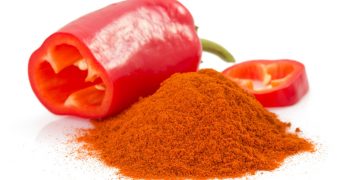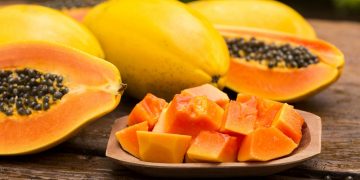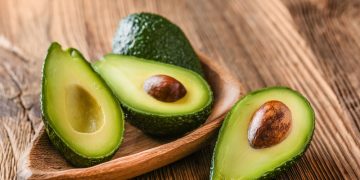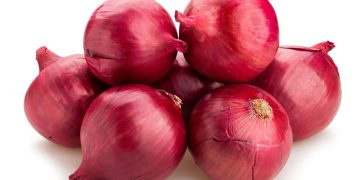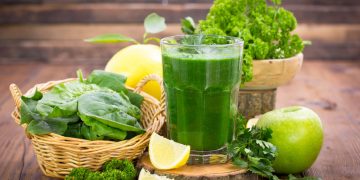The relationship between us and the milk starts within few minutes of our birth. Mother’s milk provided us with all the essential nutrients, minerals, and vitamins we needed for our growth. Most importantly, it was the main source of calcium. But as we age some people start to develop resistance for Milk, either biologically or mentally. When we stop drinking milk we are missing one of the most important sources of calcium in our daily life. So, it becomes necessary that we replace it with other sources. What are the foods that are rich in calcium besides milk?
Why do some people not want to drink milk?
- Some people do not like the smell of milk, so they avoid drinking it.
- People with Lactose Intolerance will have problems with digesting milk. Their body will resist milk. This is a hereditary problem.
- Those who follow vegan diet will not eat or consume anything that has its source in an animal.
- Having doubts regarding the quality of milk they get, will make some people stay away from it.
What is calcium?
Calcium is a type of mineral. A Grown-up adult needs around 1000 to 1200mg of calcium a day. Though its needed quantity is much less, it is extremely important. Our body is not capable of manufacturing calcium on its own. So, we need to supplement it from external sources.
Why do we need calcium?
- For growth of teeth and bones.
- Proper functioning of nervous system
- Improving muscle strength
- Maintaining heart’s health
- For proper functioning of various hormones in our body
Our body spends 99% of the calcium it gets to bones and teeth, a mere 1% is spent on other tasks.
Results of Calcium Deficiency
- Women who are past menopause may start to develop scoliosis due to calcium deficiency.
- It can lead to osteoporosis, a condition where the bones will lose its strength and breaks very easily.
- It plays a vital role in a child’s growth. Low levels of calcium in children will affect their growth, and it may lead to teeth problems.
- Bones will lose its density and becomes more vulnerable to breakage.
What are the symptoms of Calcium Deficiency
- Tiredness
- Lack of focus
- Pain in bone joints
- Headache
- Wheezing
- Frequent feeling of numbness throughout the body
What are the sources of Calcium for people who avoid milk?
There are plenty of sources for calcium besides milk. By including any of these into our daily meals will ensure we get our daily dose of essential calcium.
Grains: Ragi, red flatted rice, millet, wheat.
Lentils: Gram dhal, urad dhal, black urad dhal, toor dhal, peas
Vegetables: Carrots, onions, small onions, sweet potato, bitter gourd, cauliflower, drumstick
Fruits: Guava, gooseberry, dates, grapes, orange, papaya
Leafs: Carrot leafs, cabbage leafs, coriander leafs, curry leafs, cauliflower leafs.
Seeds: Sunflower seeds, watermelon seeds, sesame seeds, walnut, almond.
Soaking almonds and peanuts in water for 10 to 16 hours and drinking its extract as an alternative to milk will supply the needed calcium. Those who do not like this extract in raw in form can boil it and drink it warm.
Link between Calcium and Vitamin-D
Our body needs Vitamin-D to absorb calcium. The main source of Vitamin-D is sunlight. So exposing yourself to sunlight every day is quite essential.
It is a wrong belief that Milk is the sole source of calcium. There are high levels of calcium in other food items over milk. August tree leafs, in particular, is extremely rich in calcium. Milk is the preferred source because the calcium in it is more rapidly absorbed by our body. It is not really necessary that we must drink it.
What amount of calcium do we need?
- Till 6 months – 200mg
- 7 to 12 months – 260mg
- 1 to 3 years – 700mg
- 4 to 8 years – 1000mg
- 8 to 18 years – 1300mg
- over 18 years – 1000 to 1200mg
- pregnant women – 1300mg



